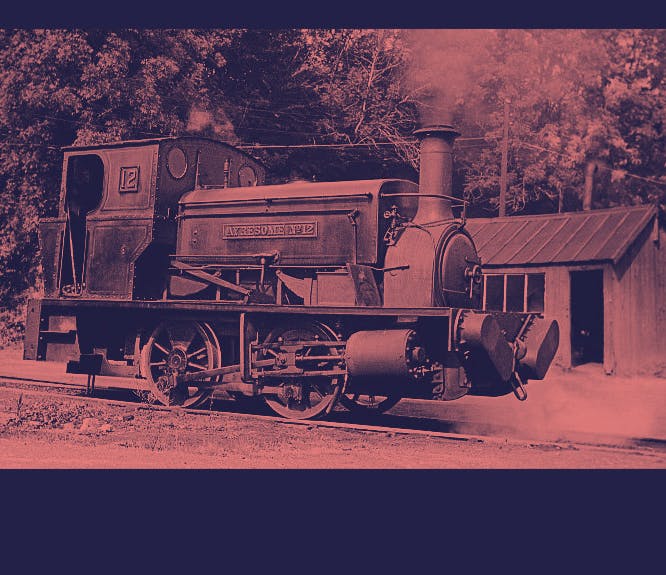How learning local history will help your genealogy research
3-4 minute read
By The Findmypast Team | May 4, 2022
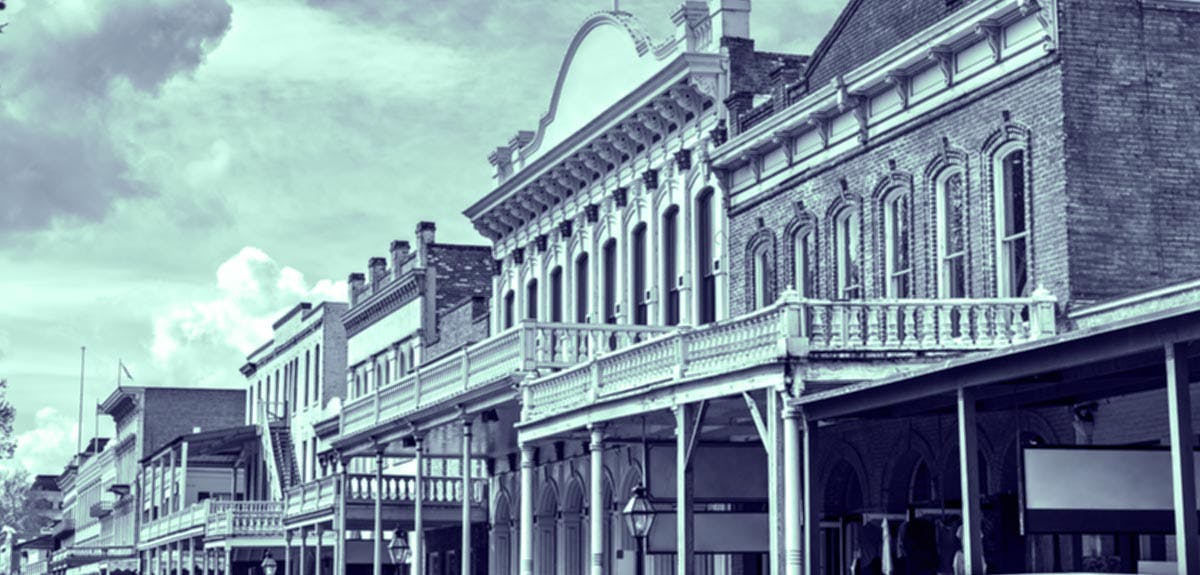
If you really want to become an expert in your own family's history, you absolutely need to study the places they lived.
Studying local history will give you a great understanding of the kind of life your ancestor lived - you'll learn about the community they lived in, what their role may have been, and you'll experience the same monumental events that had them talking for years.
The beauty of learning local history is it serves a dual purpose - not only will you learn the amazing stories that texture your family history and make it much richer, but you can use your newfound knowledge to hunt down additional records.
Local histories note changing county or town boundaries and will give vital clues to where records can be found. By learning more about the community and your ancestor's role in it, you'll also uncover new troves of records that you otherwise may have overlooked.
And believe it or not, there's something out there on almost every town and county in the United States, no matter how remote or small.
Digitized monographs
There are many different resources that are essential to your research, including monographs. Throughout the long history of the county or town you're investigating, someone was bound to publish some kind of written history.
A monograph is essentially a book - a specialized piece of writing on a specific subject, in this case a town, county or region. These tend to go more in depth and cover broader periods of time than periodical articles. Luckily, many of them have been digitized and are fully searchable.
Begin your search by navigating to our 'All record sets' page and searching the name of the state that contains the town or county you're looking for. The list will automatically filter out all other states, and from there you can easily browse to see what works are available:
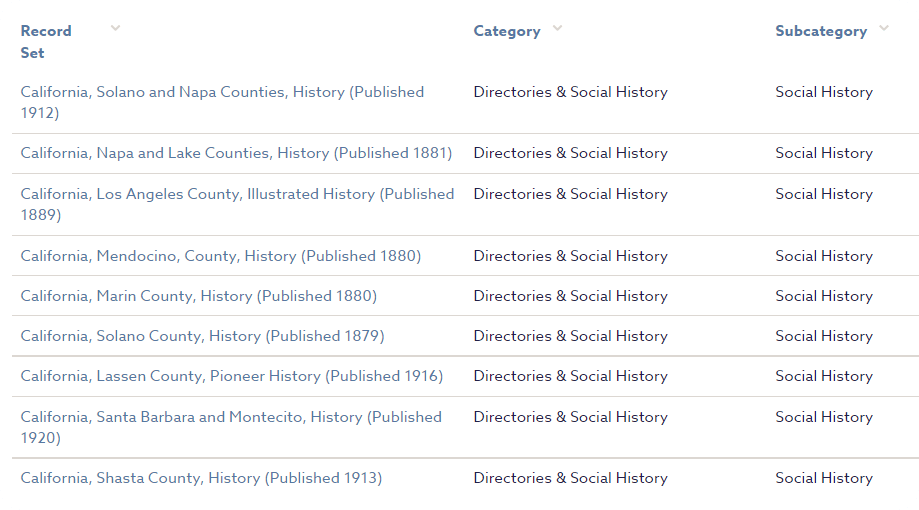
Histories published in the 19th or early 20th century are particularly interesting, because they capture the first days of the town or county's history with vivid detail.
These books are fully searchable - you can search by keyword, location or name. You can also browse from page to page, and we highly recommend taking the time to do so.
The books are highly informative and generally quite readable. These aren't stiff academic history books - they usually tell of events, names and places in a straightforward and sometimes even entertaining narrative. They'll also frequently mention other works of history, giving you even more material to use.
Directories and more
More generally, directories are an excellent way to discover more about social history.
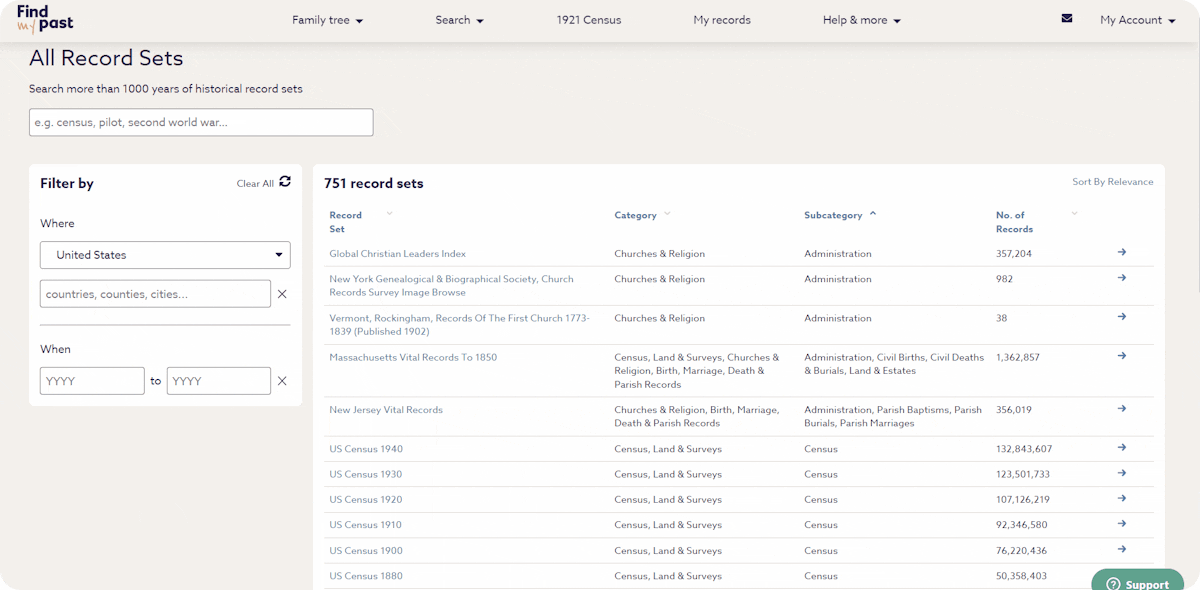
How to search 'All record sets' for county records for a specific location.
Once you've narrowed your search down to our US records, start typing the local area you'd like to investigate. From there, you'll be able to pick from a selection of directories, which will contain a host of detailed information about the area and its residents.
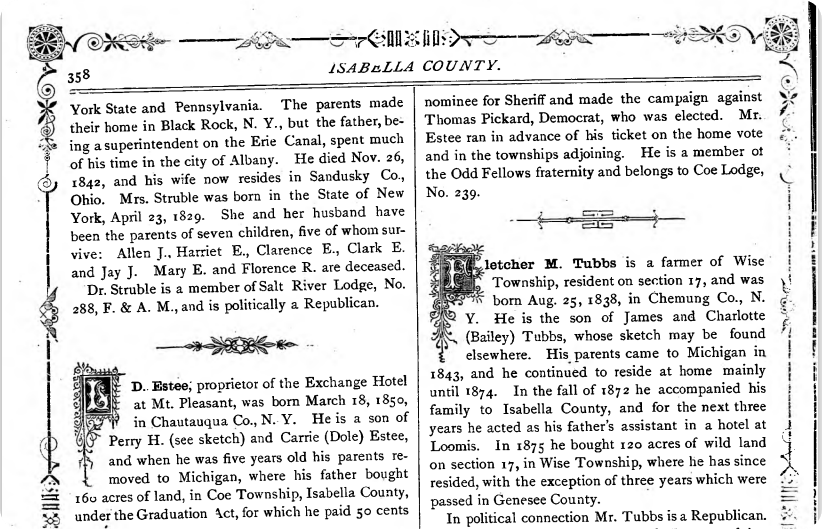
A snippet from the United States, States and Local Histories collection. View this page here.
If you haven't also tried the broader United States, States and Local Histories collection, this is your sign. It is a compilation of detailed portraits of different states throughout the US, and includes information such as the officials that were elected, the buying or selling of land, and often biographies of notable figures.
That's not all, of course. Have you delved into our county record collections?
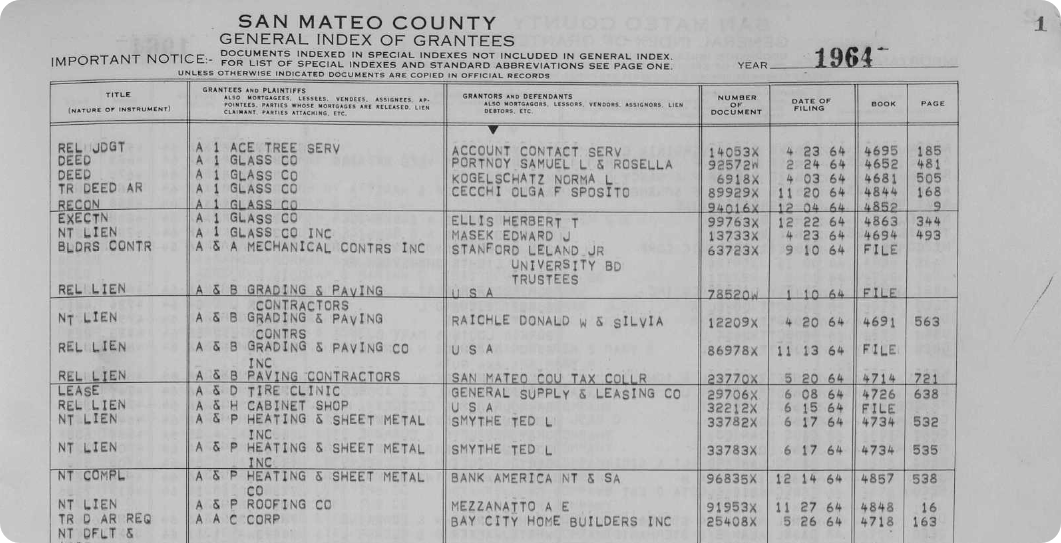
A snipped from the San Mateo County Records. View this record here.
Try searching for a specific state, and see if there's a collection of county records. These collections hold a wealth of genealogical information, but importantly also detail land records, including deeds, patents and homesteads. These can help you get to know the change your local area has been through across history.
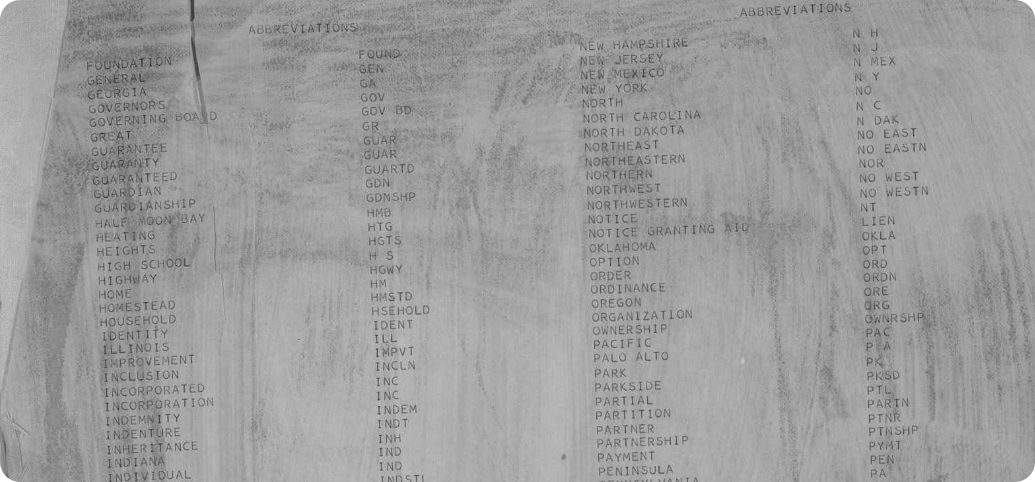
A list of abbreviations found in the San Mateo County Records. View these here.
Many of these books will also have a list of handy abbreviations at the start of them. You can find county and state record collections for many locations, such as California, Ohio, Idaho, Tennessee, Montana, and more.
Tax rolls are also an excellent way to discover the exchange of land and changes in infrastructure. They'll often detail the acres of land involved, the land value, whether or not there were livestock, and more.
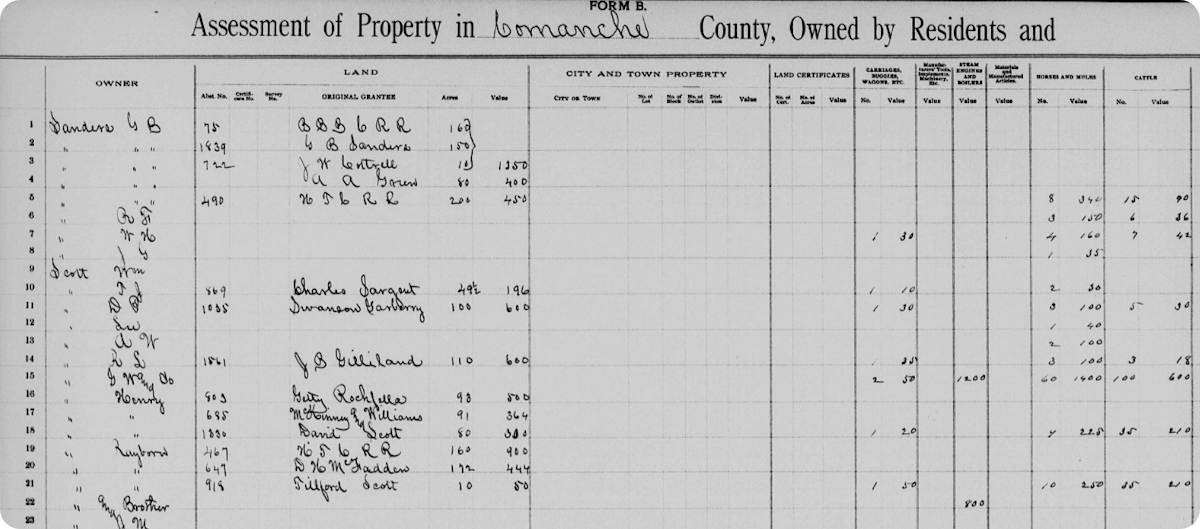
A snippet from the Texas County Tax Rolls collection. View this page here.
These records not only make an excellent census substitute, but allow us to view our ancestors from a more financial perspective. They pick out both the wealthiest and the poorest of a given community, noting where these people were most likely to reside. This can give you the opportunity to determine not only the economic circumstances of your specific ancestor, but also their wider neighborhood.
You may also be able to discover more information in newspaper abstract collections. For example, this collection from Portsmouth, New Hampshire, noted in 1796 that:
""Widow Elizabeth Abbot - the house and land where she now lives will be sold at auction by Jacob Walden.""
Getting to know the changes in your local area throughout time is crucial to understanding the lives and struggles of your ancestors. Make sure to take a long browse through the resources we have available, and remember, our archives only ever growing, with new releases across the world on a weekly basis. Check back to the blog every Friday to see if there's anything new in your local area.
Related articles recommended for you

Kamala Harris' family tree tells a tale of migration and education
Discoveries
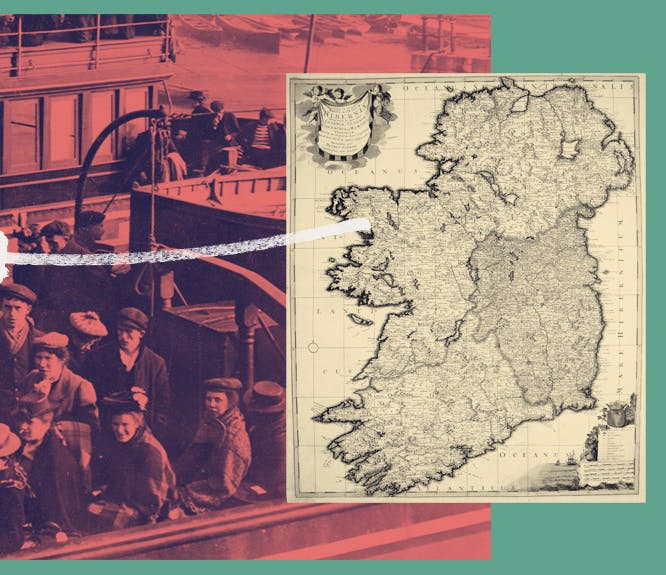
From Ulster to the US: Irish migration patterns and their impact on Irish genealogy
History Hub

Unleashing the power of ChatGPT in family history research
Help Hub
